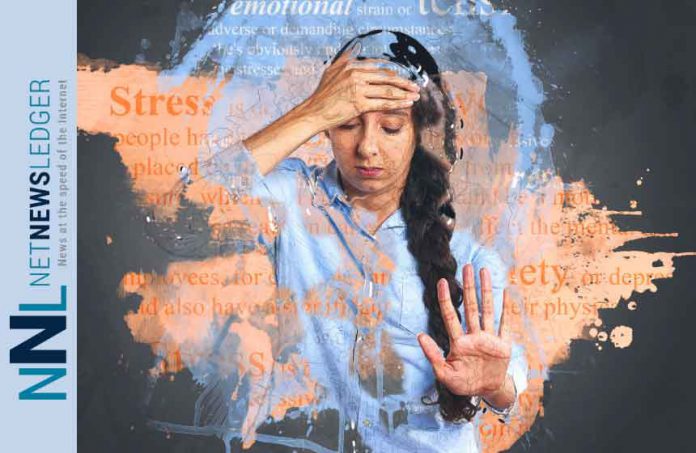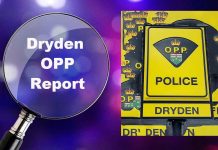A message from Dr. Nolan Hop Wo, Medical Officer, Mental Health & Wellness, Office of the Chief Medical Officer; and Duanna Johnston-Virgo, Executive Director, Mental Health & Wellness, Community Health & Wellness
This year’s theme for Mental Health Week is “My Story” – because each of us has multiple layers and different stories that make us who we are, and all of our stories equally valuable.
As Indigenous people and mental health professionals, we know that stories are medicine: they are powerful healing tools that can give us hope by showing us how others have dealt with similar issues. Stories as medicine fits in with our Two-Eyed-Seeing approach to mental health and wellness, which involves integrating First Nations, approaches such as cultural practices, traditional medicines and teachings about how to stay well, and land-based healing methods with Western approaches such as clinical counselling and medications.
So, “My Story” is a particularly relevant theme for us. This week, let’s take time to share our personal mental health stories, as well as stories that highlight the intergenerational resilience of our people and the wisdom of our natural laws passed down to us by our Elders and Ancestors. Sharing stories is valuable because it reduces the stigma around mental health.
Mental Health Week can also be a good time to pause and reflect on the state of our own wholistic wellness, including our mental health. As most of us are on a continual healing journey toward optimal health and wellness, it is quite likely that after some reflection, we could think of something that we’d like to work on!
When taking steps or making changes to improve our mental health and wellness, we need to keep in mind that as we are each unique individuals, there is no “one-size-fits-all” approach. Every path will be different, so we cannot compare our story, journey, or needs to others’. It is important for our mental health that we reflect on our beliefs and core principles, and determine how we can structure our lives to align with them. For example, if we are having a day in which we are feeling frustrated or angry, we can strive to be kind and compassionate towards others.
What’s more, the journey to improving our wellness – whether it is making a lifestyle change, recovering from substance use, or implementing a new routine — will always take time and patience. No journey will go in a straight line – and some will take much longer than others. There will be stops and steps backwards, but that’s okay! Every small step forward should be celebrated. Remember our First Nations teachings that remind us to be loving, accepting, and non-judgmental toward ourselves and everyone else.
You can find some practical ideas and tips for improving your mental health here, including making time to connect to the land, sea, animals/our pets, and the Creator through prayer or meditation. You can also read about or watch videos featuring individuals sharing their mental health stories by clicking here and here.
Mental Health Resources & Supports
If you need help with your mental health and wellness challenges, there are several supports and services available to you. For more intensive help, there are also treatment centres within BC that are familiar with integrating both traditional First Nations teachings and medicines with Western-style approaches.
You can find many resources and supports here.
To find resources in your area, you can contact your local Canadian Mental Health Association branch at www.cmha.ca/get-involved/find-your-cmha/, your local crisis centre for suicide prevention at www.suicideprevention.ca/in-crisis-now/find-a-crisis-centre-now/, or call 211 / visit www.211.ca.








